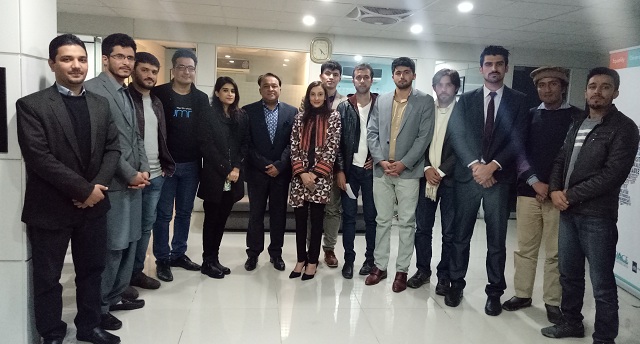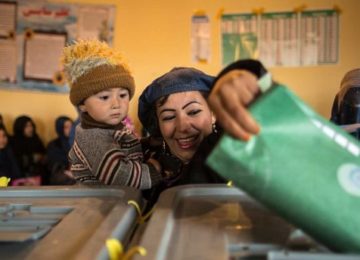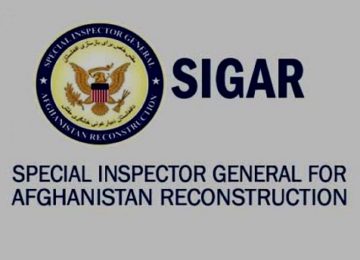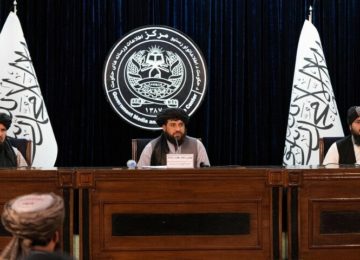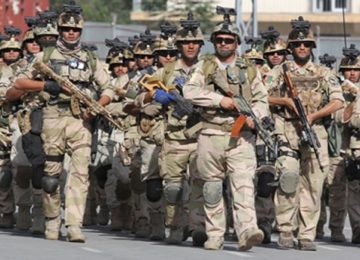December 11, 2018
Pakistan and Afghanistan are placed in a geo-strategic lock that needs to be unlocked to move past previous grievances. Both countries have had a troubled past and the process of conflict resolution has remained slow. Pakistan has always advocated for a non-military solution to the troubles in Afghanistan. However, a lack of confidence between the two remains a setback. To move past this, Pakistan and Afghanistan must continue the process of dialogue, said independent analyst, Ms. Aisha Saeed, who was invited as the Chief Guest and Trainer at the 11th Pak-Afghan Youth Training Workshop at the Center for Research & Security Studies (CRSS) held on Monday, December 10, 2018. The theme of the workshop was “Conflict Resolution and Confidence Building”. Participants of the workshop included young Afghans and Pakistanis enrolled in undergraduate and graduate programmes at Quaid-i-Azam University (QAU), National Defense University (NDU), International Islamic University, Islamabad (IIUI), and National University of Modern Languages (NUML), in Islamabad.
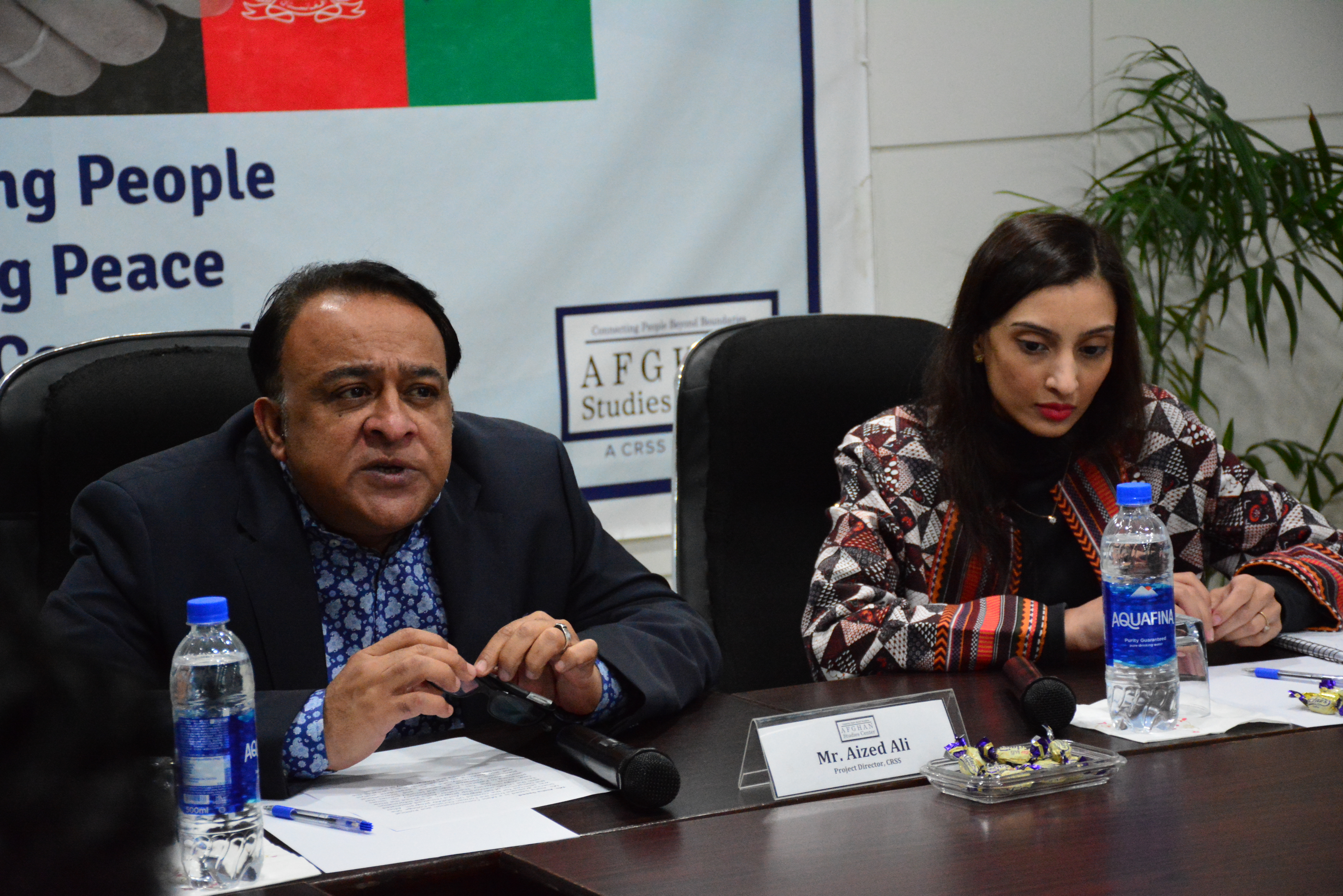
Ms. Aisha stated that continued engagement between Pakistan and Afghanistan, including Track II/1.5 diplomacy initiatives, such as Beyond Boundaries by Islamabad-based think tank the Center for Research and Security Studies (CRSS). provide the opportunity to both civil society and government stakeholders for constructive discussion in an informal and comfortable environment, where representatives of both governments are more likely to agree on solutions that can build confidence and mutual trust, paving the way to move forward towards conflict resolution on ground.
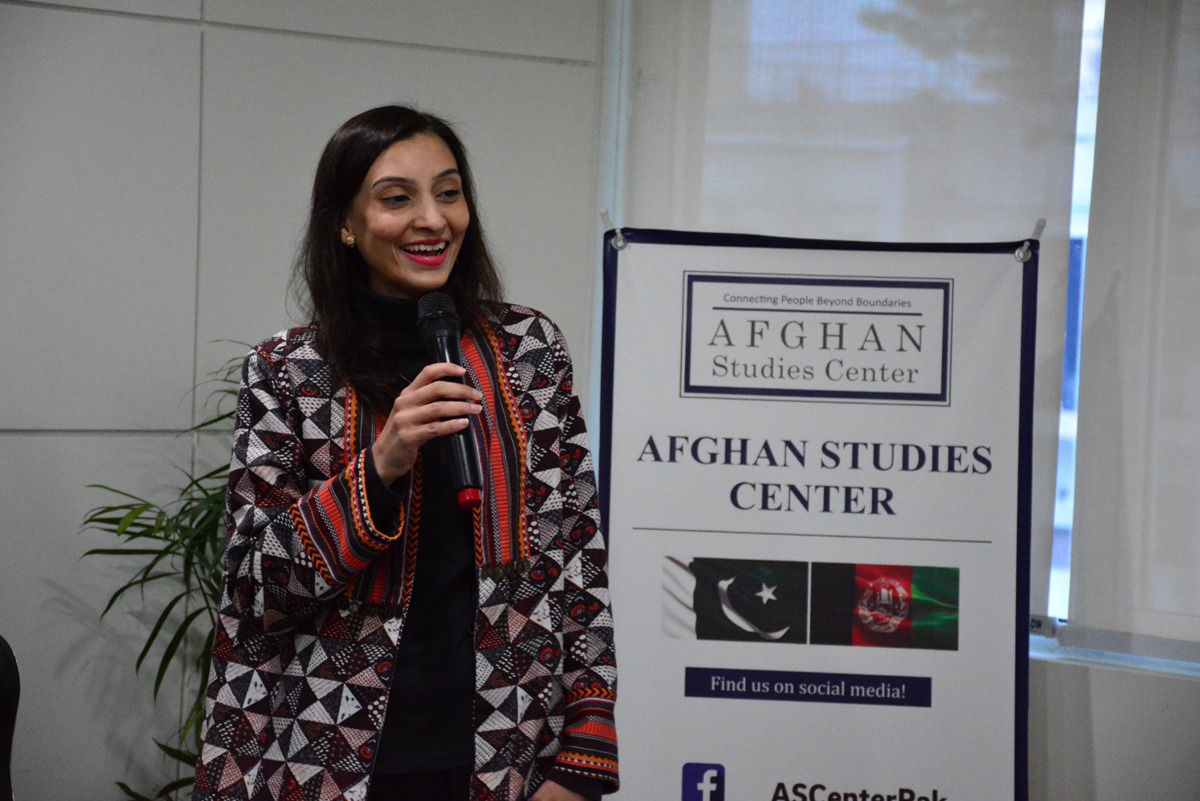
She further stressed on the importance of conflict resolution and confidence building in Pak-Afghan relations. Conflict resolution is an art of diplomacy and confidence building starts at the grass-root level between people, she added. Platforms such as youth dialogues and workshops provided by CRSS’ Afghan Studies Center are vital, where direct people to people contact can play an effective role in mitigating perceptions and misconceptions that are usually created by third parties. As youth interactions will increase, the bonds built this way will get strengthened over time, eventually paving the way for much needed cooperation for regional stability and economic development.
The workshop emphasized that commonalities are what the two neighbors need to build on. There are always elements of cooperation that can be sought. The key element in every confidence building is understanding that we are humans, Ms. Aisha remarked. Furthermore, politics and economics in Pak-Afghan relations need to be de-linked. Social media is an important tool where the youth can play an significant role. It is pertinent for every social media user to interact on a human level and look at the context and sensitivity of the situation before making any comment.
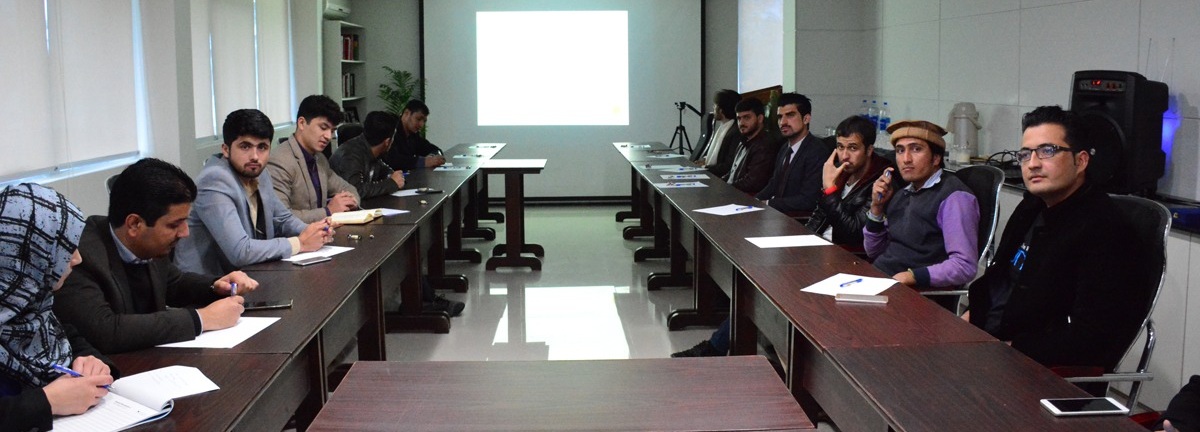
The training workshop also conducted a simulation exercise where each member from both sides was given a government position and asked to engage in negotiation on Pak-Afghan contentious issues. Youth from both sides highlighted four key areas where both countries ought to work: Afghan peace process, facilitating Afghan traders, operationalization of APAPPS and dignified return of Afghan refugees. Some participants also stressed that CPEC should be extended to Afghanistan while others reiterated that instability of Afghanistan was not in the interest of Pakistan.
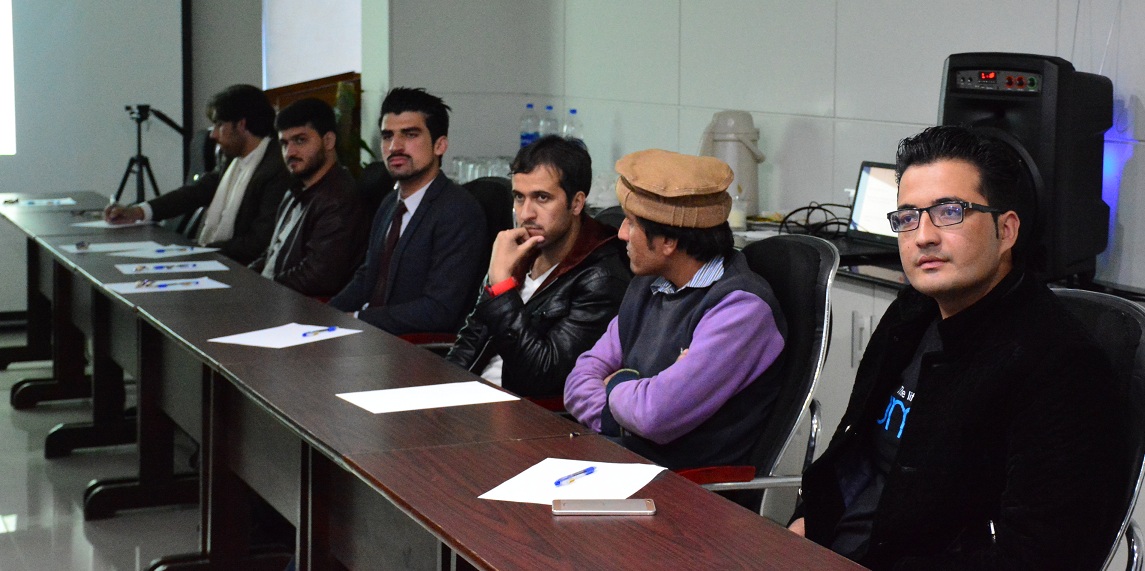
Mr. Aized Ali, Project Director at CRSS, who was moderating the session, apprised the participants about the ongoing CRSS Pak-Afghan Track 1.5/II Initiative ‘Beyond Boundaries’ which is aimed at improving bilateral relations and bridging the gulf of mistrust between Pakistan and Afghanistan. He further told the participants that Afghan Studies Center, provides an exclusive platform to the youth of both countries to interact, exchange ideas and engage in joint research ventures. He also highlighted the significance of such youth forums to inculcate critical thinking. He stated that these forums serve as a bridge between the people of Pakistan and Afghanistan in mitigating the growing resentment in recent years.
At the end, Mr. Aized Ali presented a shield of appreciation to the chief guest Ms. Aisha for her insightful training session, followed by a group picture of all participants with the Chief Guest.
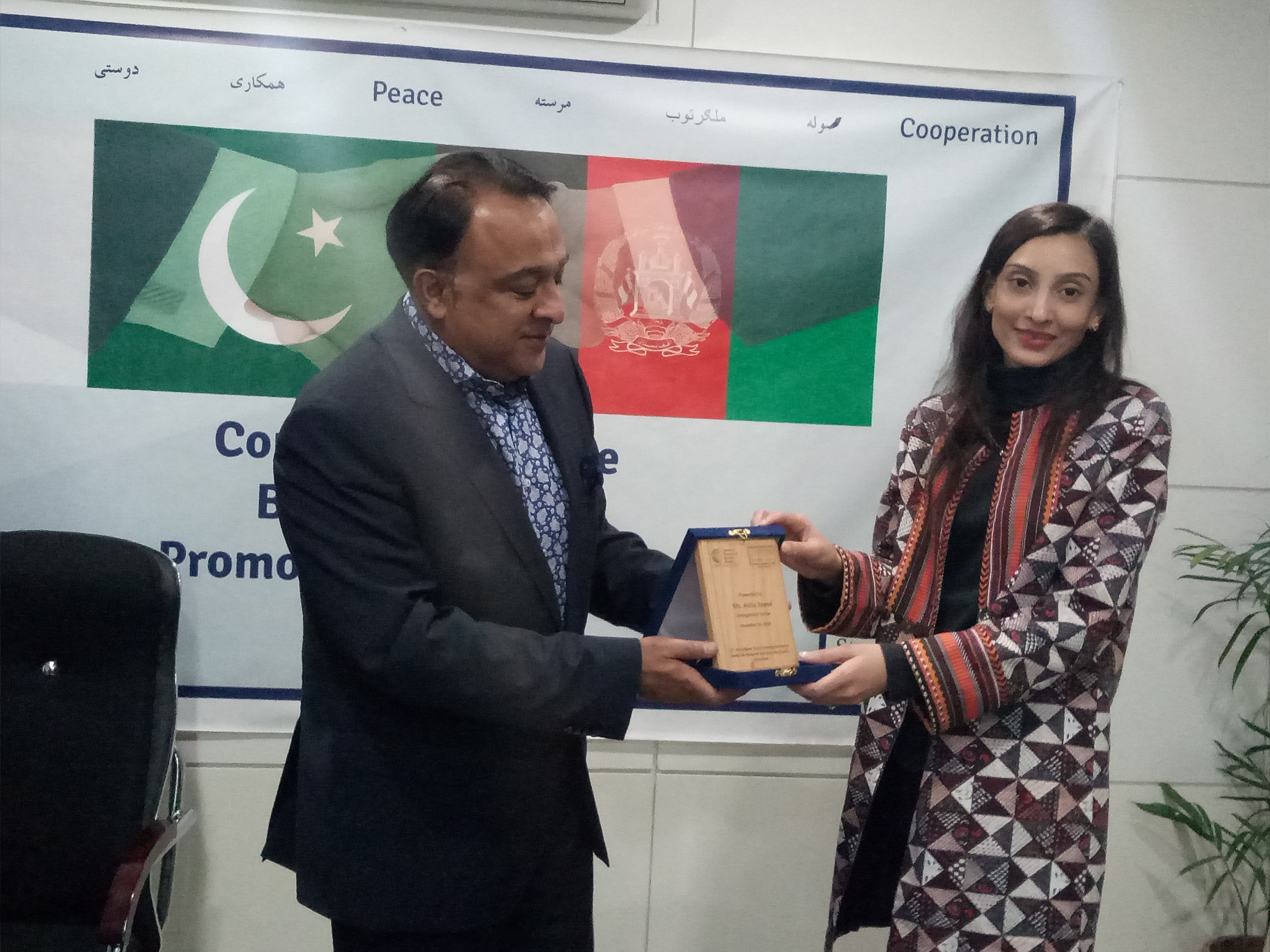
This was the 11th Youth Training Workshop organized by Afghan Studies Center – a sister organization of CRSS, which has alumni of over 450 Pakistani and Afghan students and young professionals. The organization also conducts a monthly series of youth dialogues on a range of Pak-Afghan issues.
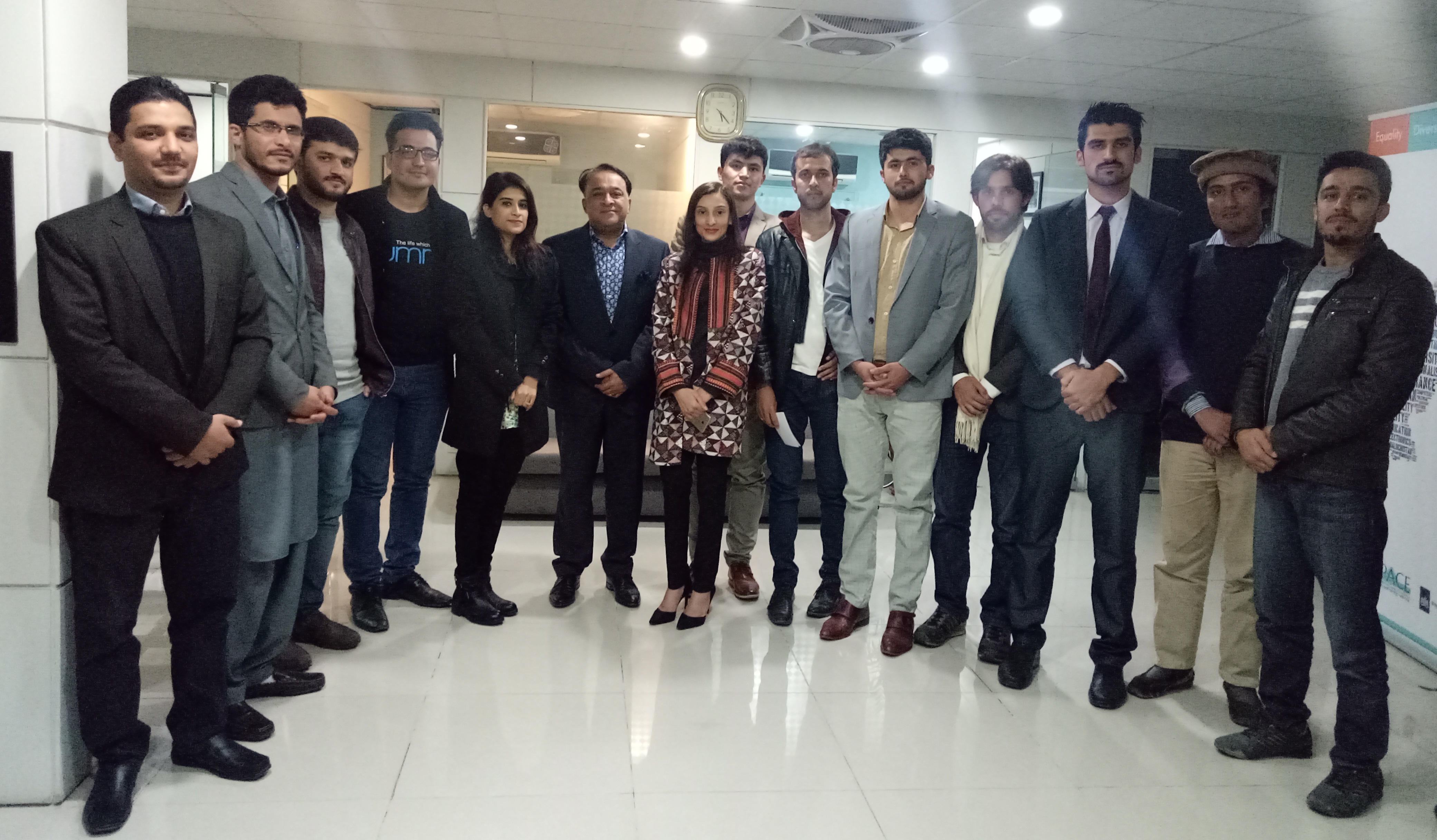
© Center for Research and Security Studies (CRSS) and Afghan Studies Center (ASC), Islamabad.



